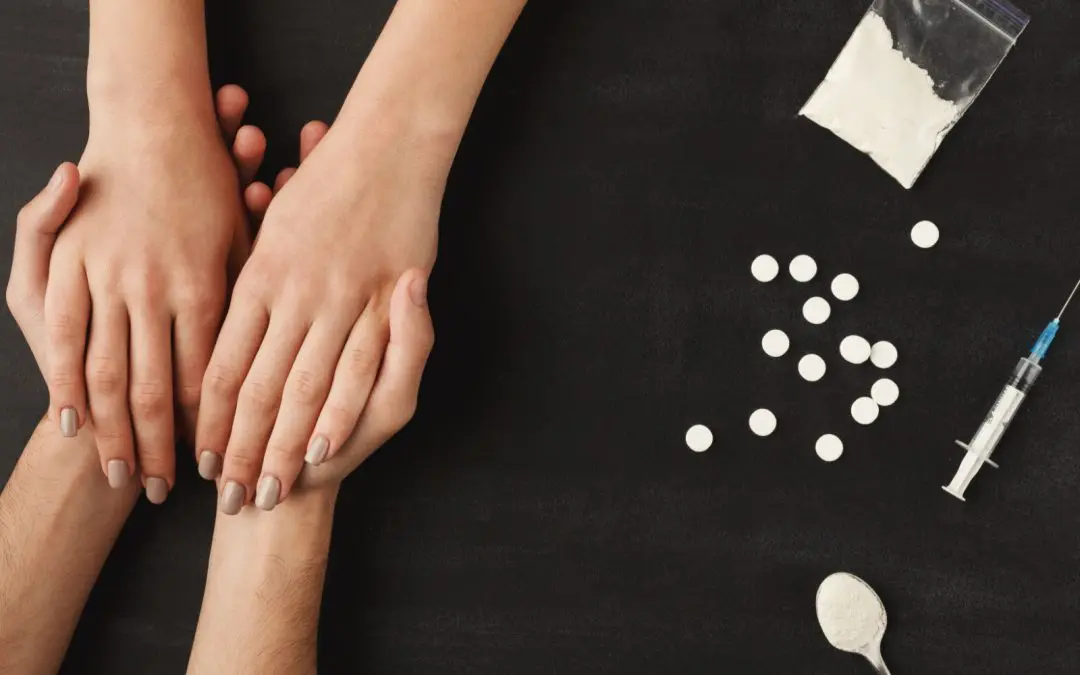24/7 Helpline:
(866) 899-221924/7 Helpline:
(866) 899-2219
Learn more about Heroin Rehab centers in Panama City Beach
Heroin Rehab in Other Cities

Other Insurance Options

PHCS Network

State Farm

UnitedHealth Group

BlueShield

Choice Care Network

Health Partners

Meritain

GEHA

Magellan Health

Holman Group

BHS | Behavioral Health Systems

Ceridian

CareSource

BlueCross

Optum

Group Health Incorporated

Molina Healthcare

Private insurance

MHNNet Behavioral Health

Kaiser Permanente

JourneyPure Emerald Coast – Outpatient
If you’re looking for help that actually helps you, you’re in the right place. JourneyPure is the be...

JourneyPure – Florida Alcohol & Drug Rehab
Living with addiction can feel like there’s no way out, yet our 6K+ success stories prove you can do...

Recovery Bay Center
Recovery Bay Center is a co-occurring substance abuse treatment center for men. We specialize in gen...







